Good Speech, but not good enough.
After 3 weeks of thinking Lani finally chose a topic for her speech. She then spent hours (yes lots of hours) researching, discussing (with her helpful but not overbearing and most certainly not overtaking mum), and drafting . A couple of weeks later she had a 3 minute speech that impressed both parents. It had an accompanying slide show, with appropriate high resolution images sourced from sites with no copyright restrictions and well chosen headings highlighting the key ideas in each part of the speech. The speech was easy to follow there was an opening hook, an introduction that signposted what was to come and a concluding paragraph that revised the main points. Paragraphs mostly followed a TIER (Topic Sentence, Information, Example, Restate) structure. I am sure she delivered it with confidence - that's never been a problem for her.
How did it go? we asked.
"I dunno" was the teen response.
"What did you get?"
"Just a Merit." Excellence was the goal not attained.
"OK. What was it that you didn't do?"
"I dunno."
It makes a change for me to be on the other side of the teacher's desk. It can be frustrating, can't it? As parents we want to help our children succeed. We want to be able to give them the right prompts and reminders, provide them with the support that will ensure they can achieve to their full potential.
It was a good speech, but not quite good enough. Neither Lani or I knew what she needed to do to improve it, and that's the problem.
As teachers it is our job to let our students know exactly what they have to do to achieve. It's our job to find ways to show the student what to do, and support them to do it. In the past this information was often locked away in the teacher's head, but in a modern classroom it is no longer ok to keep the keys to success a secret. so when Lani didn't know why her speech didn't quite reach the level required for "Excellence" I was reminded about the importance of providing clarity for the learner about what they are learning and how they can be successful. This is something that we have worked on a bit at Ridgway School, and is something that we will be revisiting in 2015.
Parents should be able to ask their children, "What are you learning?" and get a proper reply, not a "I dunno". Parents should be able to ask their children, "What do you have to do to improve your writing (or reading or maths)?" and be satisfied that the child does indeed know. These are the questions that will help your child think about their learning, and will indicate to you that the keys to success are not a secret in your child's classroom. These are also good questions to ask the teacher at Goal Setting Conferences during week 3 this term.




Find us on Facebook
Copyright 2020 Ridgway School | Contact Us | Designed by Expert and Powered by MoST
Playground design by Mark Newdick, Photography by Andy Spain